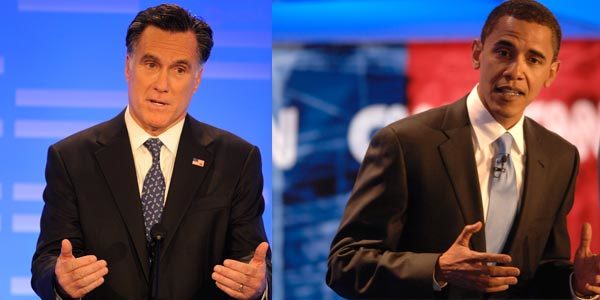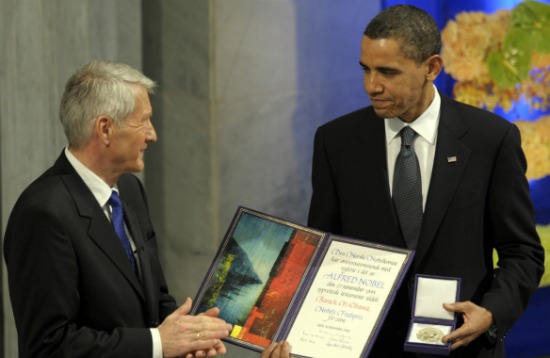
The controversy surrounding the Convention on the Rights of Persons with Disabilities, defeated in the U.S. Senate on December 4, demonstrates the tension in Catholic teaching between the need for effective international institutions that promote human rights and the need for international institutions that respect a proper balance between their own authority and the authority of states.

The lectionary readings for Epiphany bathe the reader in the language of light. Isaiah 60:1 commands the people of Zion to “Arise, shine; for your light has come.” Psalm 72:5 invokes those celestial light-givers, the sun and moon. And of course Matthew 2:2 gives us the splendid star-following magi and their sparkly gift of gold. In our most domesticated and tamed interpretations, we bask in the warm and cheerful glow emanating from these readings. Like our fireplaces keeping the gray winter at bay, these passages have become homey and cozy for many readers. Truth be told, I rather like that warm glow this time of year! Yet when these passages are let out of the house, they open up a larger landscape filled with things other than light and joy. Yes, they celebrate divine justice for the poor and the leader’s power to create it. They also illuminate the darkness and deception of power politics. They lift up the vulnerability of the divine sovereign made flesh, but also blatantly seek world dominion for the Davidic king. They rejoice in the manifestation of God, but also point to places where God‘s justice is eclipsed by political animals. In short, these passages for Epiphany disorient us about God and politics as much as they reveal God‘s relationship to the world…

The debate in the United States over the Convention on the Rights of Persons with Disabilities earlier this month brought to the fore the issue of state sovereignty. Since Pope John XXIII’s encyclical Pacem in Terris, Catholic social teaching has taught that an international political authority is necessary to solve today’s global problems, but also that such an authority must be limited, respecting the legitimate authority of states. This post outlines this teaching, pointing out the inherent tensions present in it.
In Plato’s Theaetetus Protagoras insisted that one should not persuade the other of what is true in relation to what is false because no one has ever succeeded in doing so and most of all because truth in itself is not the issue in political discussions, debates, and deliberations. But there is one thing that Protagoras wanted to persuade people about, namely improvement. From the point of view of ancient Greek politics, this is all that can be done: We can strive to achieve a better situation, which inevitably will require further improvement. But if nothing but improvements can be hoped for, then “truth” or the “good” have no place in this progress because they presuppose final achievements, accomplishments, and results. The point of Protagoras is that one should never persuade people of what is good—only of the need for improvement…
We have spent now four posts tracing the historical development of Protestant two-kingdoms theology, and its influence on early modern political thought. This has all been an attempt to vindicate the claim, advanced in the first installment of this series, that the wider world of political theology has good reason to attend to the disputes over this doctrine that have heretofore been the province only of a characteristically combative subgroup of the American Reformed. Has it been vindicated?

A new conference, The American Election 2012: Contexts and Consequences, has been organized for the purpose of analyzing both the strategic and tactical choices that went into the successes and failures of the 2012 presidential and congressional campaigns, and the purpose of discussing what the outcomes of the election portend for the future of American politics, governmental policies, and American culture. The conference will be hosted by Saint Anselm College and its New Hampshire Institute of Politics, and will be held March 15-16. The keynote speaker for the conference will be Dante Chinni, journalist and author of Our Patchwork Nation: The Surprising Truth About The Real America. The website for the conference is…

